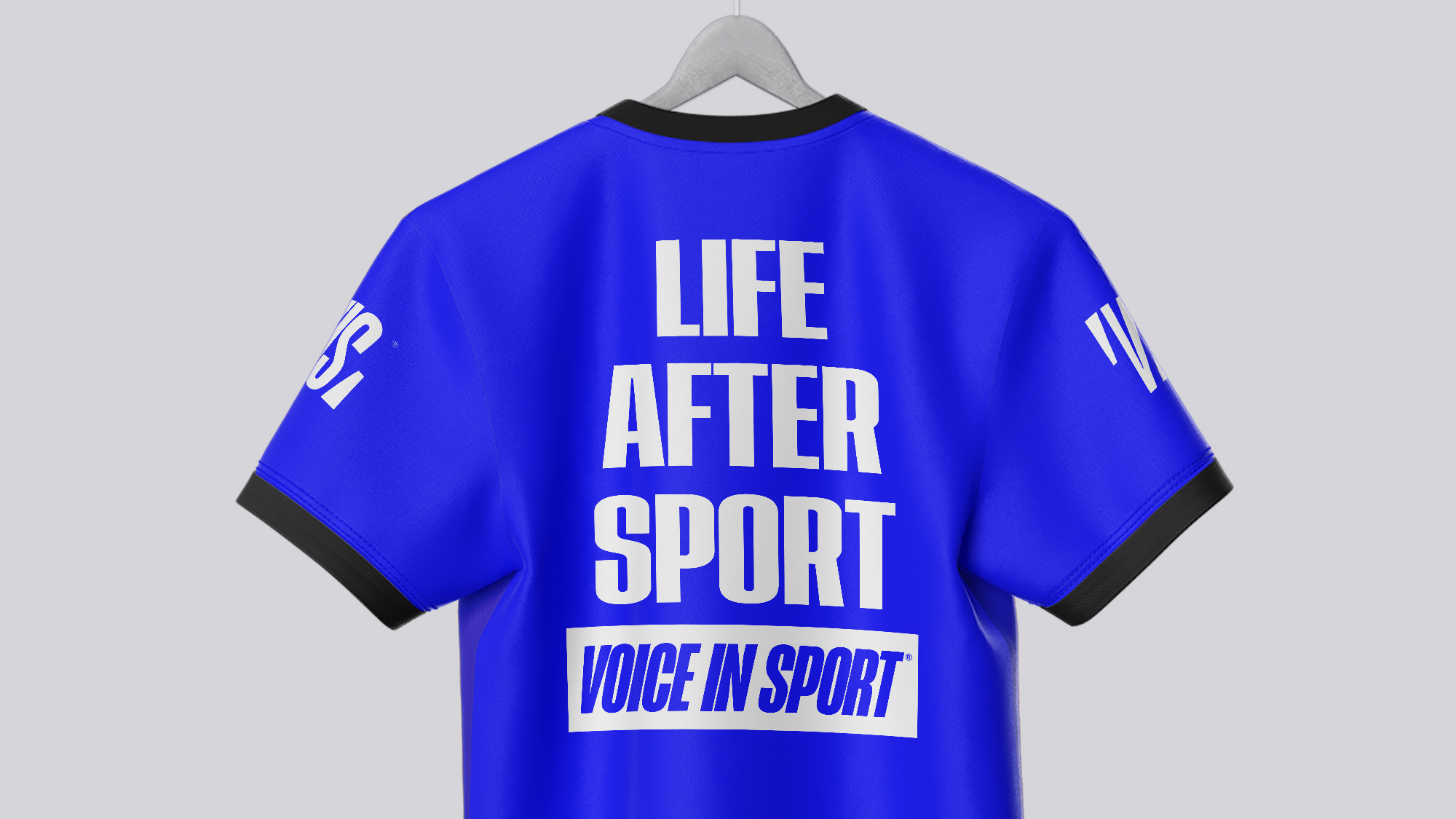As athletes, we have become accustomed to the constants of a coach being there to discipline us, a schedule that consumes most of our time, and regimented workouts. While such things are effective for the duration of our athletic career, once these careers are over, they are often immediately stripped from us, leading to a loss of purpose or motivation.
Finishing up our athletic careers can create many holes in our lives. What should we be eating? What workouts should we be doing? What should we do with all this sudden extra time? We talked to Certified Mental Performance Coach Lindsay Arnold and Orthopedic Surgeon Dr. Sabrina Strickland, both VIS Experts, to get their tips on navigating through the foreign chapter of life that comes with transitioning out of sport.
Change in Personal Accountability
The first thing we may feel is a struggle with this newly required accountability. When there is nobody there guiding us every step, or pushing us through every workout, it’s up to us to take over this role. Now, we have to plan our workouts, self-motivate, and determine our nutrition. These new responsibilities may cause initial stress, but preparation is key.
Plan Out Workouts for the Week: “Write down or schedule in an app when you'll complete a specific workout,” Arnold says. “This should help hold you accountable, as well as make it easy when you actually go to workout, as you won't have to think of what you want to do.”
Utilize Apps for Workout Inspiration: Arnold recommends the Peloton or Nike Training Club apps to help us plan our workouts because they can cater to our specific needs “(i.e., duration, muscle group, activity, etc).”
Join an athletic club: Strickland says that if we are looking to regain “some of the camaraderie we might be missing once we are no longer on a team,” joining these clubs for tennis or running may be more up our alley.
Transitioning Our Minds and Nutrition
Arnold acknowledges that beyond just these key external factors, the mental aspect is also critical.
Shift Our Mindsets: “Every workout no longer has to push you to complete exertion,” Arnold says. As new former athletes, this realization is paramount.
“It is never too late to explore who you are outside of your sport!”
Being done with our sport is usually a sign that we are growing older, and as this happens, our bodies’ tolerance and durability weakens. What we were once able to do as a young, and sometimes seemingly invincible, athlete may not be realistic anymore, and that’s okay.
Stay Mindful of Our Nutrition: Because our workouts may not be as strenuous as they once were, Strickland says that it’s important to remember that transitioning out of sport often means a decreased exertion on our bodies.
This means it’s as important as ever to keep mindful of our nutrition, just as we did when we were competitive athletes. Focusing on our nutrition and fueling our bodies properly will keep us on the right track.
Reach Out for Help: Taking on all of these responsibilities alone may seem stressful and overwhelming. If this is the case, know that it’s okay to reach out for help. Arnold and Strickland both agree that reaching out to professionals, like mental performance coaches, sport psychologists, counselors, and trainers can prove to be extremely worthwhile in assisting us as we navigate this tough time.
Arnold even says, “The practitioners can also assist in helping the retired athlete explore new identities outside of just being an athlete. I think this is most critical of all, as many athletes have only ever identified as their sport.” This leads into another important element in attaining stability in your post-athletic career: finding new hobbies.
What the Future Holds
As we end our athletic careers, suddenly our schedules open up tremendously. All this new time must be filled somehow. Now more than ever is the time for us to try out all the things we never had the time to do before. Whether it’s pickleball, crocheting, playing an instrument, or underwater basket-weaving, find something we love to do to fill our time. Read more about VIS has to say about the importance of hobbies in this article here.
It’s never too late to explore who we are outside of our sport, and there is especially no better time to do so than the present. So relax, do some self reflection, enjoy our new free time, and remember that change is a necessary part of life. While foreign now, these changes will soon be normal. And while it may seem like the end of something, it’s truly only the beginning of an exciting new chapter.







